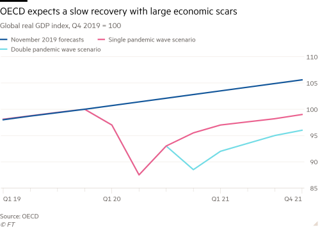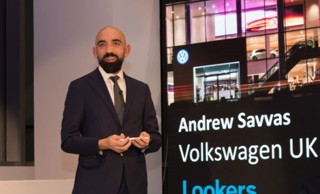Manufacturers and banks are playing a critical part in the dramatic rise in dealer groups going under.
Earlier this week Experian reported a 42% rise in automotive insolvencies in July year-on-year with 51 businesses in administration.
The automotive sector saw 0.14% of its population fail during July. It was one of the few sectors to see insolvencies rise month-on-month and also year-on-year when compared to 0.11% in June 2012 and 0.10% in July 2011.
Today, performance specialist ASE said there are three reasons for this:
1. Dealers are again overstocked as manufacturer surplus is offloaded to dealers via pre-reg, pack cars and other incentive campaigns
2. Banks are exerting pressure to de-leverage balance sheets and are reducing overdraft facilities, which dealers rely upon to help fund their stock
3. Tough trading conditions (ASE figures show that the bottom 10% of dealers lost £89k, to the end of June) demand the implementation of tight operating processes, controls and a strategic plan.
ASE audit director Paul Daly said: "All this means that dealers can’t afford to put their heads in the sand and hope to ride out the storm.
"Onset of insolvency must be tackled before it takes hold. Early detection by those who understand the daily operation of a motor business, sharing best practice and detailed assessment into areas such as identification of cash leakage, cash flow control and forecast, stock management best practice, strategic reviews and profit consultancy, is being proven to assist dealers from going under."





















Treorchy - 23/08/2012 18:16
Many old established high street dealers were encouraged by manufacturers to expand and take out excessive loans to fund this expansion. These loans were given to dealers based on over valued property assets and not on the value of the business. Why would anyone who was unable to make a monthly trading property even with manufacturers support take on excessive debts? The answer is simple, manufacturers want their brand to be high profile and preceived to be solid and successful by the public. These dealers were normally family owned operations and in their efforts to meet the expectations of the manufacturer they allowed themselves to be bullied into moving to new premises, making good loyal staff redundant, taking on excessive loans that in many cases were interest only with the addition of an interest collar. There is a very strong argument that manufacturs should be banned from pushing dealers to expand, even now manufacturers ignore the rules about targets, self registrations, the BEAR regulations, etc etc maybe we should have an enquiry into the UK retail motor trade or would that open too many cans of worms?